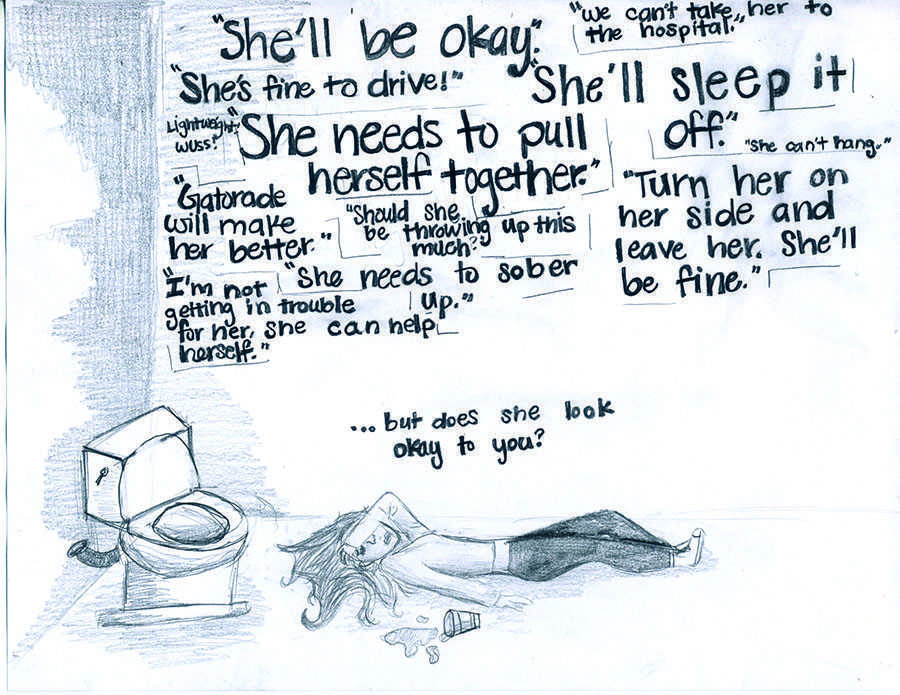STA should focus on practical risks of teen drinking
Educating students on all consequences of drinking, rather than just legal or parental repercussions, allows students to make more informed and responsible decisions regarding alcohol.
According to the national organization Students Against Destructive Decisions, 72 percent of high school students have consumed alcohol. According to a survey conducted by the Dart, 159 out of 233 STA students, or 68 percent, say that they have consumed alcohol.
From these statistics, it is impossible to pretend that teen drinking is not a reality. At STA, most of the education on underage drinking has focused on the immorality of teenage alcohol usage without fully informing students of the more tangible costs of drinking.
As an authoritative establishment, the STA administration has incredible influence over students. Therefore, the school must effectively educate students on the repercussions of teen drinking. Though definitive efforts to do so are made, they perhaps aren’t effective because students have become numb to the “preachy” (though well-intentioned) tactics often implemented. Most teens are fully aware that underage drinking is widely viewed as “wrong” and, from a religious standpoint, “sinful.”
A study by the American Medical Association revealed that “underage alcohol use is associated with brain damage and neurocognitive deficits,” or that teen drinking directly increases one’s likelihood of being an alcoholic later in life. If an effort were made to educate teens on these more realistic and physically-hindering consequences of underage drinking, they would make more informed decisions regarding alcohol.
Since teens have grown deaf to the hypotheticals (What if I get caught? What if my school finds out?) and the fear-mongering (My parents are going to kill me), it is vital that students are educated on the real risk of drinking in a more dynamic, personal way.




Annette Campbell • Apr 26, 2015 at 2:37 pm
Thank you for this well-written opinion. I agree. Studies definitely demonstrate that the earlier the brain is introduced to alcohol the more likely a person will develop addiction, as well as delayed or incompletion of some frontal-lobe function.
Getting caught by police and parents is one thing, getting ‘caught’ by your own potential self is the most damaging impact of all!!
Keep up the good op-ed writings!
Annette Campbell,
STA parent